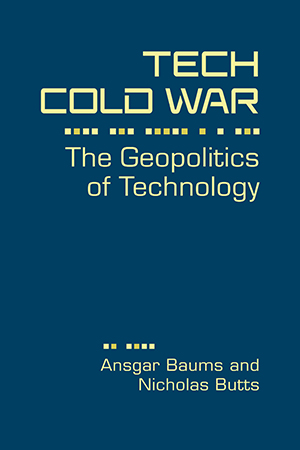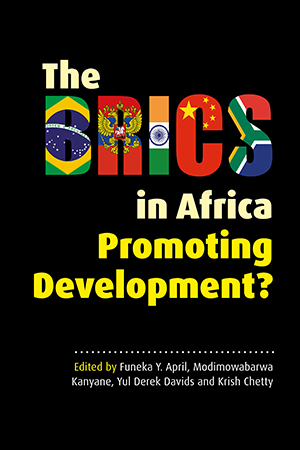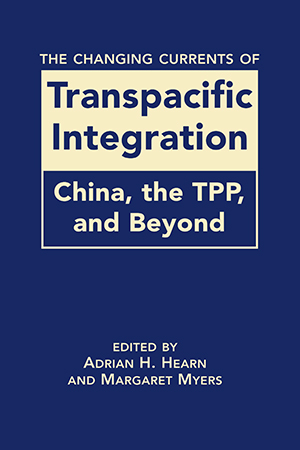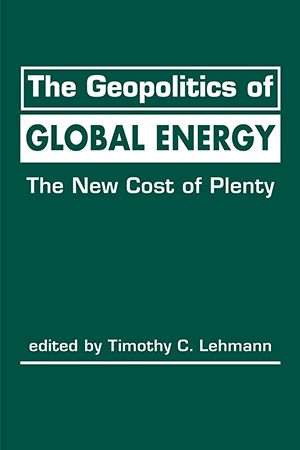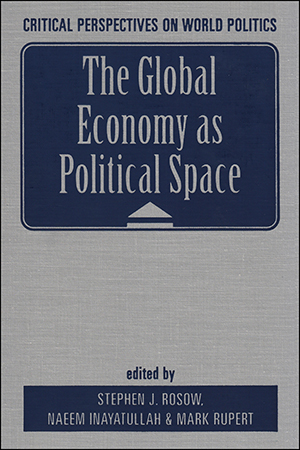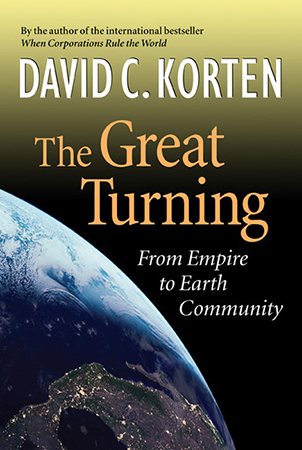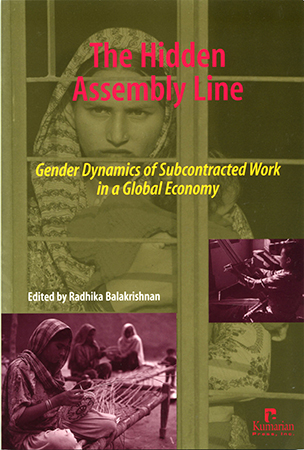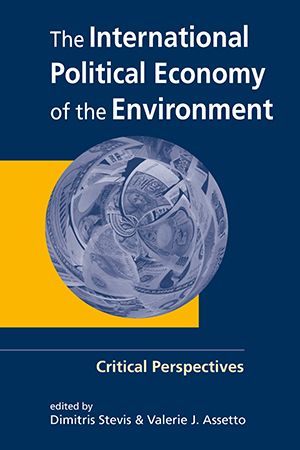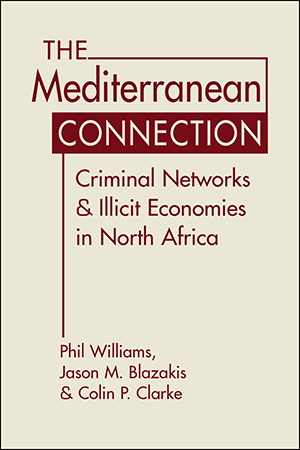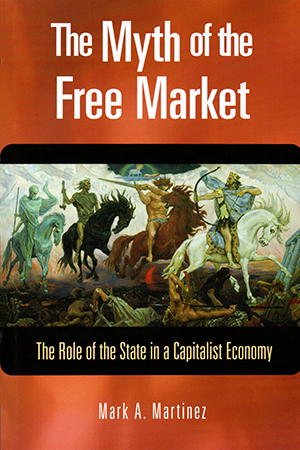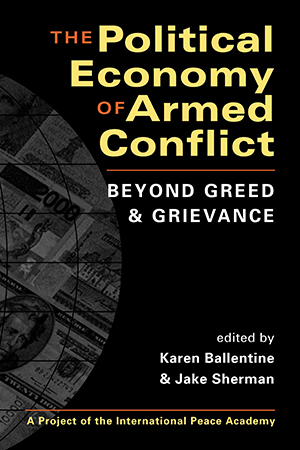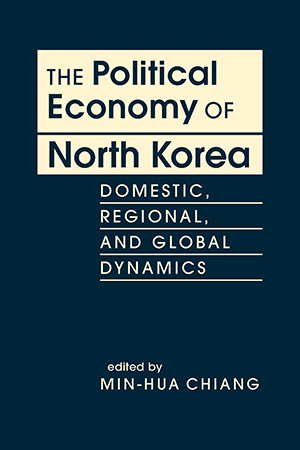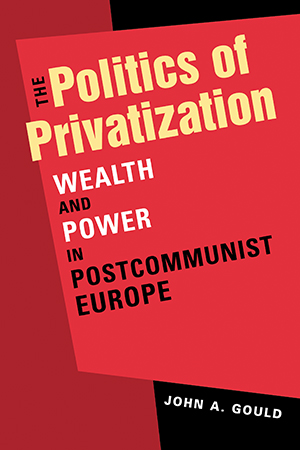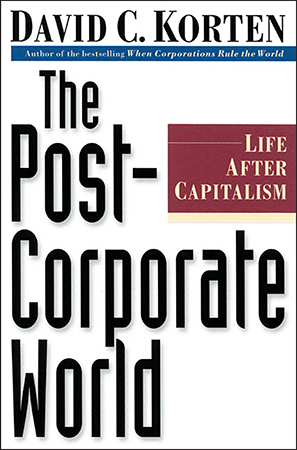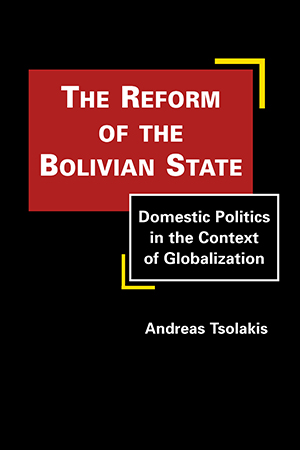International Political Economy
TikTok, Huawei, semiconductors, AI … Technology has become a field of fierce geopolitical competition, especially between the United States and China. What drives this particular More >
The BRICS countries—Brazil, Russia, India, China, and South Africa—have become a strong engine of South-South cooperation, contributing to a significant shift in the global More >
This comprehensive assessment of transpacific economic integration explores the many ways that new approaches to multilateral cooperation, and notably the Trans-Pacific Partnership (TPP), More >
In the all-encompassing energy realm, powerful state and private actors determine which of the world's many energy resources are developed ... and how societies are molded to accommodate More >
As contemporary capitalism integrates the planet to an unprecedented extent, the international political economy defines and constitutes new forces, practices, and movements. Not only are More >
In his classic When Corporations Rule the World, David Korten focused on the destructive nature of the global corporate economy and helped to spark a worldwide resistance movement. Now, in More >
The Hidden Assembly Line demonstrates how the impact of current global economic trends—changing production patterns, dictated by multinational corporations and IMF-influenced More >
When considering the nature of environmental problems, many scholars and practitioners assume that—while there may be disagreement about solutions—we know what the problems are. More >
Smuggling and trafficking activities have intensified throughout North Africa in recent years, threatening both fragile economies and human security. The authors of The Mediterranean More >
Mark Martinez reveals how the myth of the "invisible hand" has distorted our understanding of the development and actual performance of modern capitalist markets. Martinez draws More >
Globalization, suggest the authors of this collection, is creating new opportunities—some legal, some illicit—for armed factions to pursue their agendas in civil war. Within this More >
Driven by foreign investments and exports, the economies of many East Asian countries have seen dramatic growth—but North Korea has lagged behind. Why? What are the country's More >
In this remarkable story of postcommunist politics gone wrong, John Gould explores privatization’s role in the scramble for wealth and power in postcommunist Europe. Gould engages More >
One of Future Survey's Super 70 books David Korten challenges capitalism's claim to being a means of creating wealth and a champion of democracy as he examines the fissure between More >
In 2005, two decades after President Victor Paz Estenssoro's New Economic Policy heralded the beginning of a profound transformation for Bolivia, violence had become endemic in the More >


